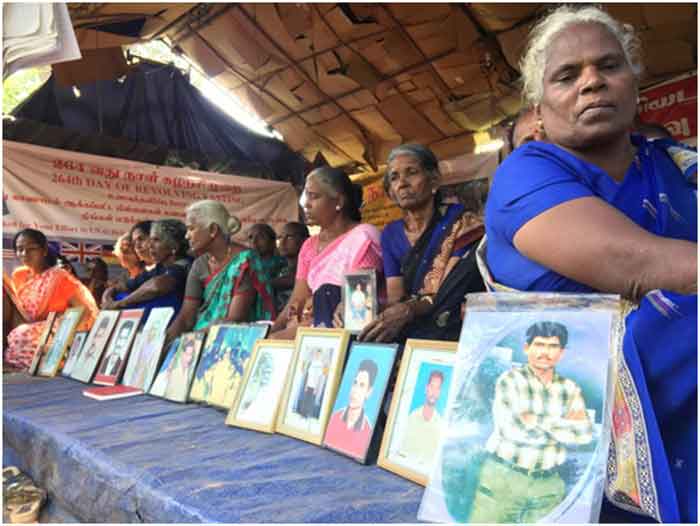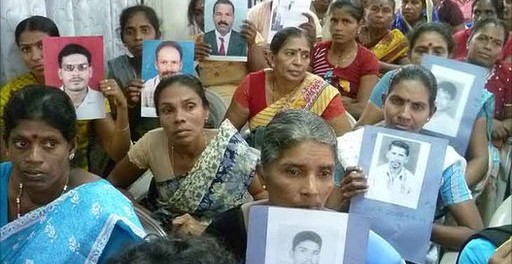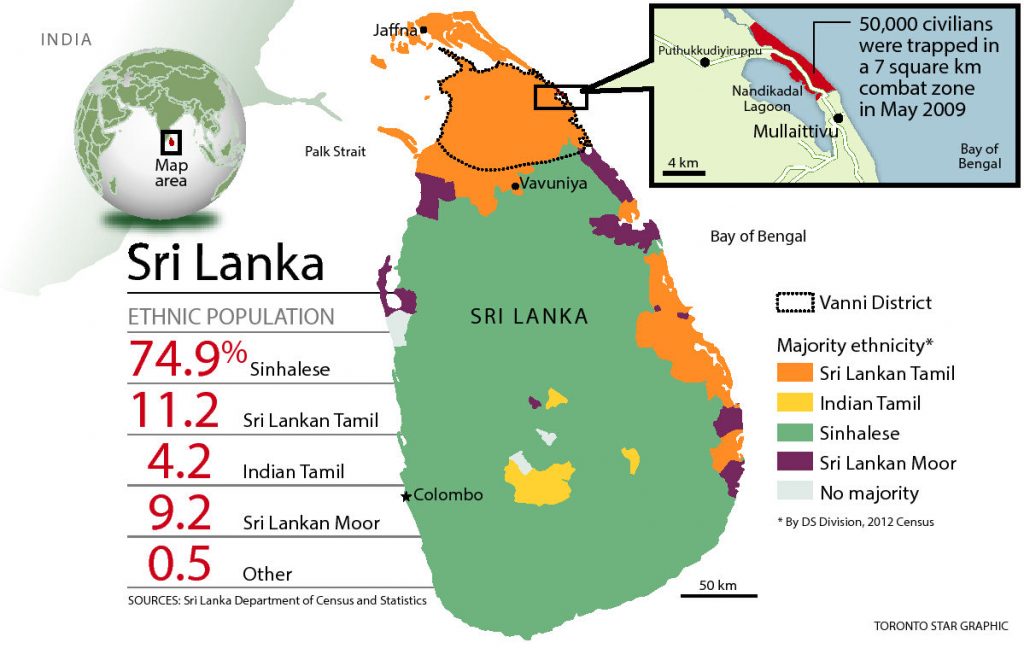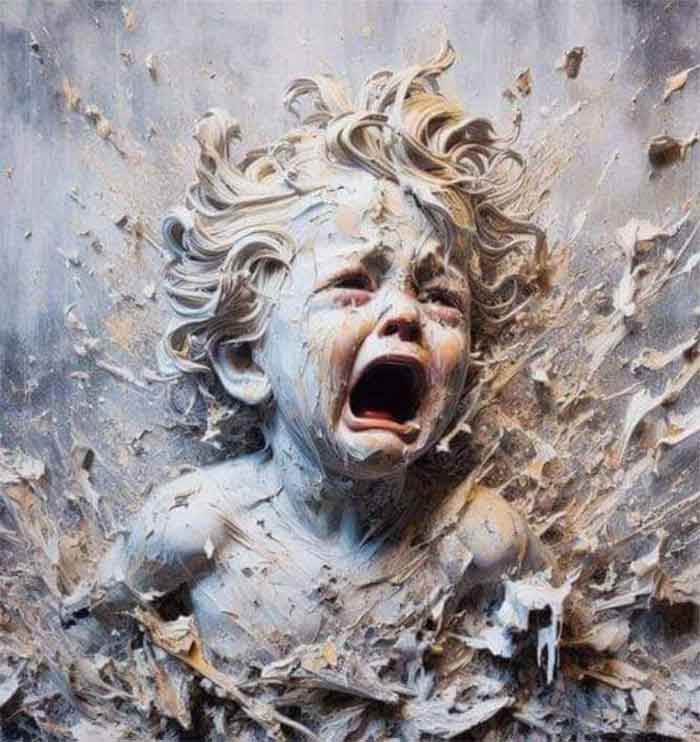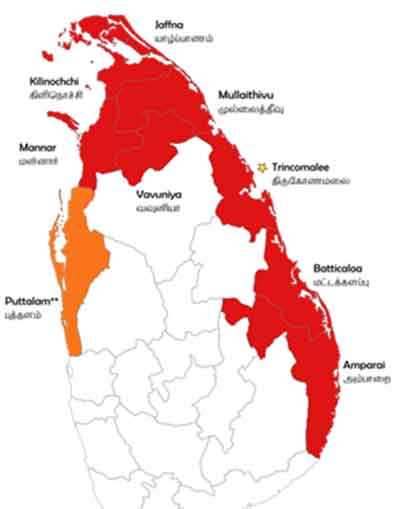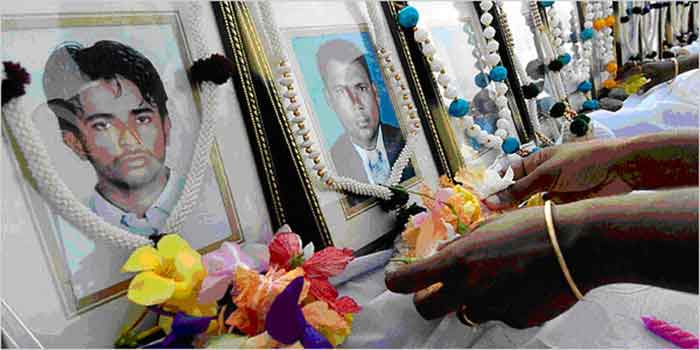
On 4 August 2006 17 Action Against Hunger staff were murdered in Muttur, Sri Lanka. They were assisting communities suffering the impact of the 2004 tsunami, as well as the ravages of war, when they were shot dead. Still now their killers have never been brought to justice.
During the three days following the killings, from 4th to 7th August, Sri Lankan Police and Army impeded international actors’ access to Muttur, citing lack of security. This seemed like an attempt to conceal the bloody massacre perpetrated by them. One proof of this is that completely different information about the security situation was provided to actors which were less likely to discover the bodies. A source close to the matter indicates that while preventing ACF from getting to Muttur, the criminals were thinking of burning the bodies but eventually gave up on the idea as news about the killings had spread outside Muttur and both ACF and the victims’ relatives were insistently demanding the bodies.
The brutal killing of Action Against Hunger staff 16 years ago led to us withdrawing from Sri Lanka after 12 years assisting vulnerable families there. The murders did not just end the lives of 17 people, devastating their families and colleagues: those receiving assistance from our organisation were also negatively affected by what happened.
The 17 humanitarian aid workers were taking a tea break only moments before they lost their lives, according to an independent investigation conducted by the University Teachers for Human Rights (UTHR), a Jaffna-based non-governmental organisation (NGO).3 The UTHR report proceeds with a gruesome description of a cold-blooded assassination of the humanitarians by police officers and a Home Guard person in the presence of the Naval Special Forces, upon approval of their superiors at Trincomale
The first inquest conducted by the Magistrate of Muttur was abruptly stopped by a phone call from the Secretary of the Ministry of Justice and Law Reforms telling him that the case had to be transferred to another court in a far-away district. This interference had no basis in Sri Lankan legislation and violated international standards.The direct consequence of the case transfer was preventing the witnesses from participating in the hearings.
No one has ever been brought to justice for the killings. In an effort to uncover the truth, Action Against Hunger undertook its own investigation and released its own report
Facing growing pressure by the international community for an effective investigation, Sri Lankan authorities are attempting to deflect public attention by claiming that another investigation into the Muttur massacre has been opened. However, deliberate subversion of the investigative process over the past several years and continuous harassment of witnesses and journalists who have raised the case have demonstrated that no effective legal action can be taken in today’s Sri Lanka in relation to the Muttur massacre. ACF believes that only an independent international investigation can effectively lead to prosecution of the killers.
These men and women, despite the fact that they were properly identified as humanitarian workers, were murdered in their offices on August 6th, 2006, as they worked to provide assistance to survivors of the 2004 Indian Ocean tsunami. Since then, government authorities have taken no action to bring those responsible for the murders to justice. Action Against Hunger continues to demand the prosecution of the perpetrators.
Even after the Police officially came to know about the crime, they did not perform basic necessary procedures, once again proving themselves reluctant to proceed to an investigation. The Police did not even request an order from the local magistrate to collect the bodies. As ACF staff finally managed to get to the crime scene on 7th August, the Police stayed watching them load the dead bodies of their colleagues on trucks and refused to provide any help. As ACF staff recall, the police officers made no attempt to collect evidence,
The independent Sri Lanka Monitoring Mission concluded that “there cannot be any other armed groups than the security forces who could actually have been behind” the Aug. 4 execution-style killings, which caused an international outcry.
The monitoring mission, whose members come from Northern European nations, said confidential conversations with “highly reliable sources” strongly suggested military involvement. The government’s refusal to give the monitors access to the crime scene indicated “eagerness to conceal the matter,” the group said.
The monitoring mission, whose members come from Northern European nations, said confidential conversations with “highly reliable sources” strongly suggested military involvement. The government’s refusal to give the monitors access to the crime scene indicated “eagerness to conceal the matter,” the group said.
The Sri Lankan Monitoring Mission is, with the obtained findings, convinced that there cannot be any other armed groups than the security forces who could actually have been behind the act,” the monitors said in a statement.
They said they based their judgment on the fact that government forces were in Mutur at the time, that observers weren’t allowed in and on conversations with what they called “reliable sources.”
It was the worst mass murder of aid workers since a 2003 bomb attack on the United Nations compound in Baghdad.
“It’s important to have an impartial investigation into this,” said Ulf Henricsson of Sweden, director of the truce monitors. “Of course, it must be an independent international commission. We don’t trust an investigation either from the government” or from the rebels. He called the killings “a clear war crime.”
Ahead of International Human Rights Day, observed on December 10th, Action Against Hunger publicly announces who is responsible for the assassination of the 17 humanitarian aid workers killed on 4th August 2006 in the city of Muttur, Sri Lanka should be brought to justice. In one of the most heinous crimes ever committed against humanitarian workers, the 17 aid workers were lined up, forced to their knees and each shot in the head.
Kumarathasan Rasingam – Secretary, Tamil Canadian Elders for Human Rights Org.

